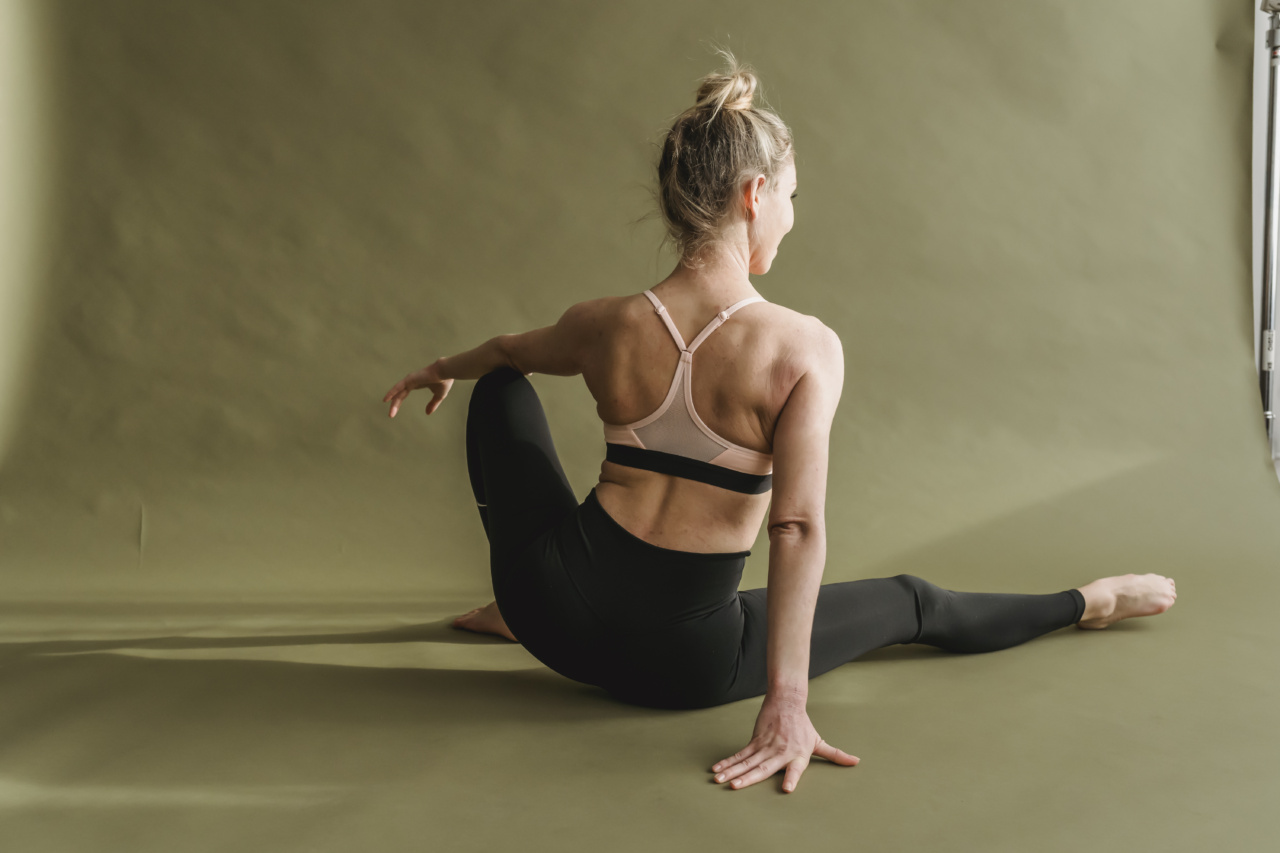There’s no magic pill that can guarantee you a long life. However, studies have shown that exercising regularly can help you extend your lifespan.
In fact, scientists say that even a little exercise can go a long way in terms of keeping you healthy and helping you live longer.
Benefits of Exercise on Longevity
Here are a few ways that exercise can help you live a longer and healthier life:.
- Exercise can help prevent chronic diseases such as diabetes, hypertension, obesity, and heart disease, all of which have been linked to premature death.
- Exercise helps slow down the aging process by protecting the telomeres, the protective caps at the end of the chromosomes that tend to shorten as we age.
- Exercise can improve cognitive function, which can help delay the onset of dementia and Alzheimer’s disease.
- Exercise can help maintain bone density, which is important in preventing osteoporosis and fractures, especially in older adults.
- Exercise can boost your immune system, helping you fight off infections and diseases.
How Often Should You Exercise?
According to the World Health Organization, adults should aim for at least 150 minutes of moderate-intensity aerobic exercise per week. This can be broken down into 30 minutes of exercise per day, five days a week.
However, if you’re looking to extend your lifespan, you may want to consider exercising twice a week instead.
According to a study published in the British Journal of Sports Medicine, engaging in just two sessions of resistance exercise per week can reduce the risk of premature death by as much as 23% in adults over 65 years of age.
Types of Exercise to Consider
When it comes to exercise, there are many different types to choose from. Here are a few exercises that have been shown to have a positive impact on lifespan:.
- Aerobic exercise: This type of exercise increases your heart rate and breathing rate and includes activities such as running, swimming, and cycling.
- Resistance exercise: This type of exercise involves using weights, resistance bands, or even your own body weight to build or maintain muscle mass.
- Yoga: This practice combines stretching and breathing exercises and has been shown to have a positive impact on mental health and aging.
- Tai chi: This is a type of traditional Chinese martial arts that involves slow and gentle movements and has been shown to improve balance and flexibility in older adults.
- Pilates: This type of exercise focuses on strengthening the core muscles and improving posture and flexibility.
Tips for Staying Motivated
Staying motivated to exercise regularly can be tough, especially if you lead a busy lifestyle. Here are a few tips to help you stay on track:.
- Find a workout buddy: Exercising with a friend or family member can make it more fun and keep you accountable.
- Set realistic goals: Start small and celebrate your accomplishments along the way.
- Make it a habit: Try to exercise at the same time every day or week to make it a part of your routine.
- Mix it up: Try different types of exercises or switch up your routine to keep it interesting.
- Track your progress: Keep a log of your workouts to see how far you’ve come and stay motivated.
Conclusion
Regular exercise is one of the best things you can do for your health and longevity. By exercising twice a week, you can reduce your risk of premature death and enjoy a longer and healthier life. So, why not lace up your sneakers and get moving?.































